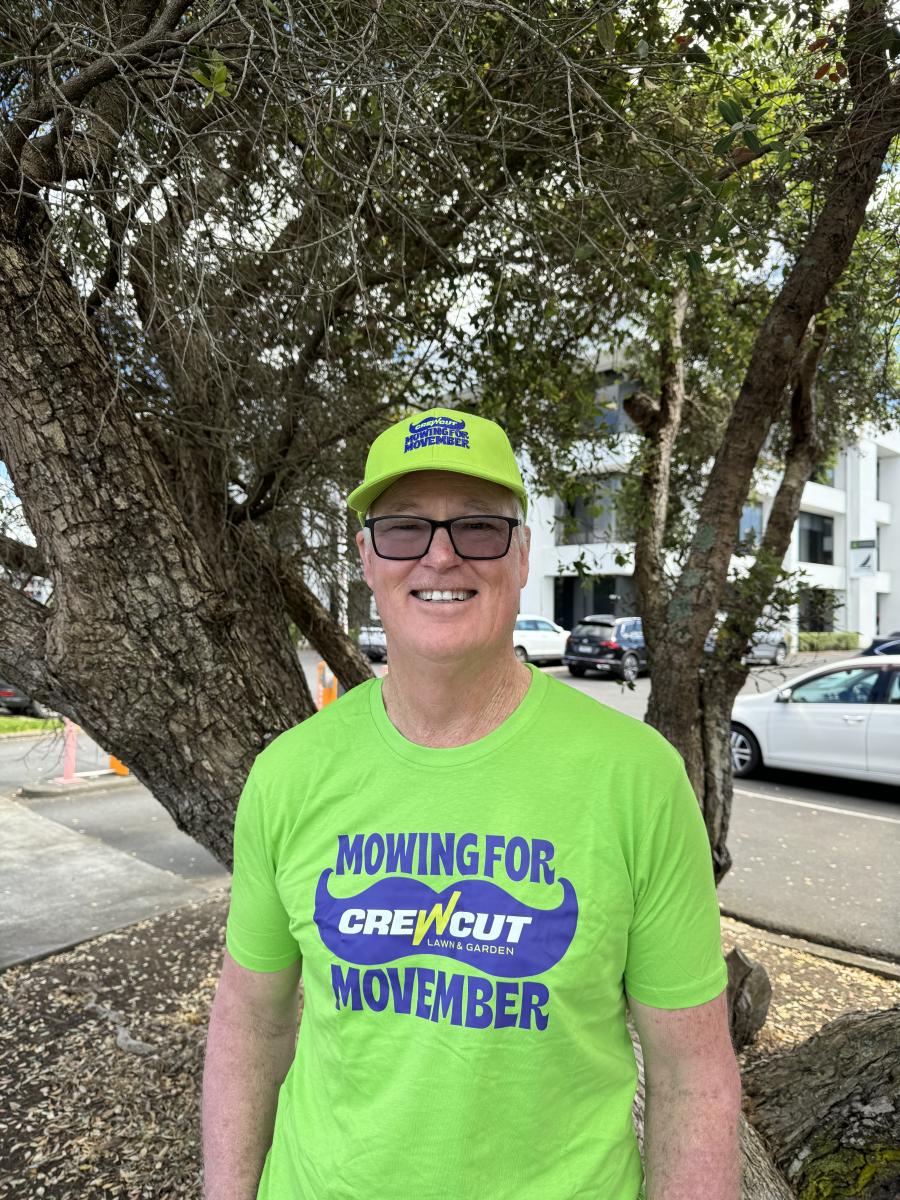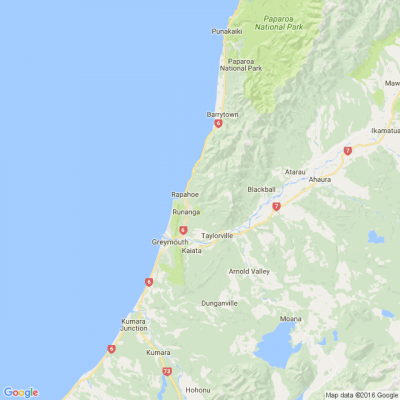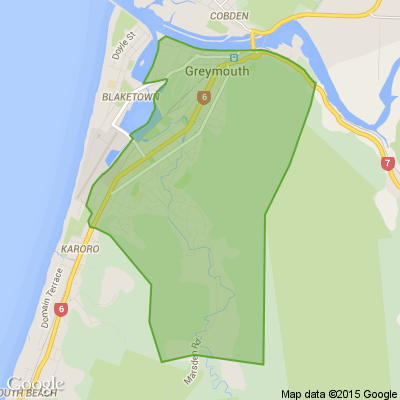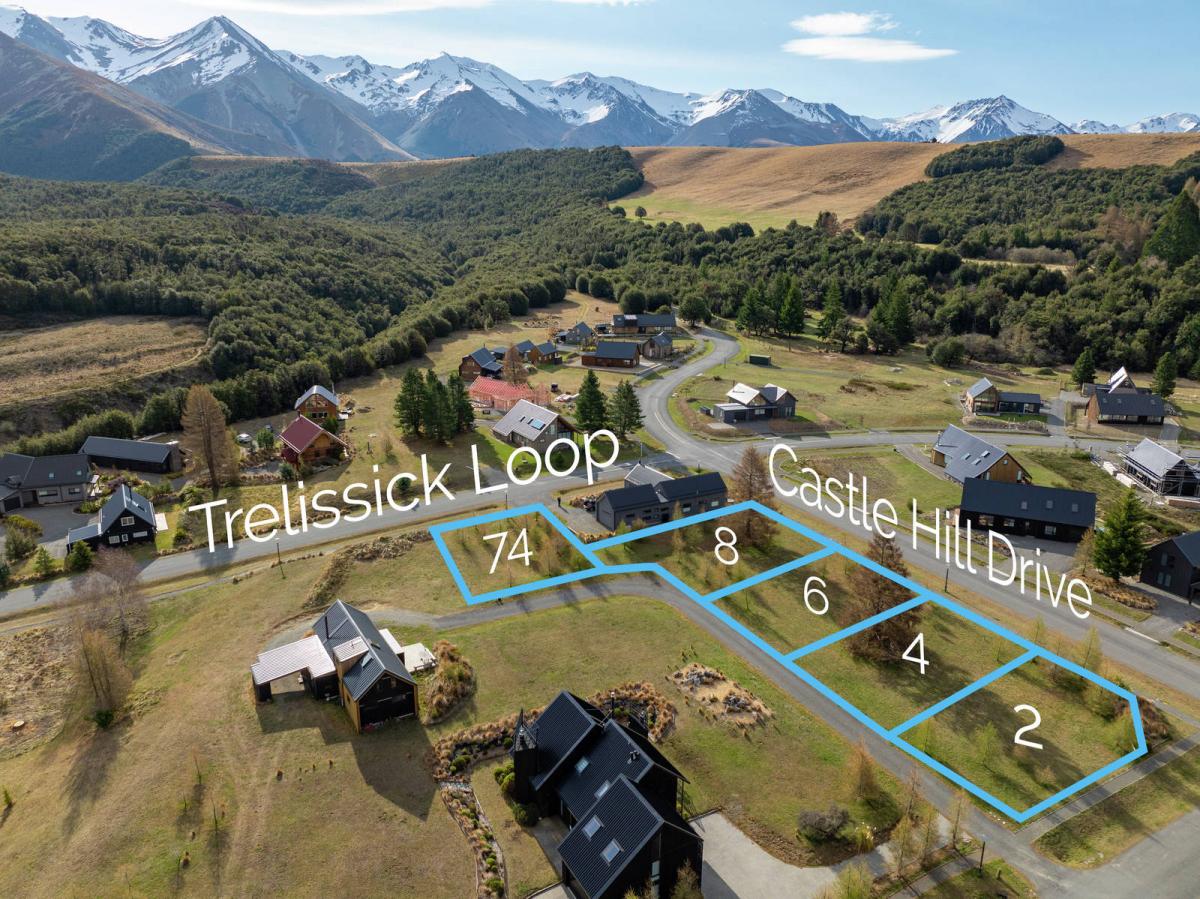Concerns over rushed process and conflict of interest in stewardship land review
Environmentalists want the more than 2 million hectares of stewardship land up for review to go into the conservation estate, but others say it’s not all valuable land and parts should be opened up for development.
Stewardship land was allocated to the Department of Conservation (DOC) when it was formed in 1987. About 30 per cent of conservation land, or 2.5 million hectares, is stewardship land, accounting for one-ninth of all New Zealand land – and one third of the West Coast.
The Government announced it would start reclassifying the land on the West Coast and across the top of the South Island. Some land would remain in the DOC estate, but some land with low conservation values could be sold off to private interests.
Federated Mountain Clubs (FMC) and Forest & Bird say most, if not all, of the land should remain under DOC management and the small sections of low value should be rehabilitated to help tackle climate change and the biodiversity crisis.
Buller mayor Jamie Cleine said he totally disagreed that all stewardship land held high conservation values.
“It is clearly not. Large parts of it are really only regenerating scrub land. Parts of Buller’s stewardship land may be beneficial to be freed up.”
Allowing land to be developed would also mean more rates for the council and potentially more jobs for West Coasters, he said.
Read the full story here.
What's your favourite tomato recipe?
Kia ora neighbours. We know your tomato plants are still growing, but we're looking ahead to the harvest already! If you've got a family recipe for tomatoes, we'd love to see it and maybe publish it in our magazine to share with our readers. Send your recipe to mailbox@nzgardener.co.nz, and if we use it in the mag, you will receive a free copy of our February 2025 issue.

Live Q&A: Garden maintenance with Crewcut
This Wednesday, we're having another Neighbourly Q&A session. This time with John Bracewell from Crewcut.
John Bracewell, former Black Caps coach turned Franchisee Development Manager and currently the face of Crewcut’s #Movember campaign, knows a thing or two about keeping the grass looking sharp—whether it’s on a cricket pitch or in your backyard!
As a seasoned Crewcut franchisee, John is excited to answer your lawn and gardening questions. After years of perfecting the greens on the field, he's ready to share tips on how to knock your garden out of the park. Let's just say he’s as passionate about lush lawns as he is about a good game of cricket!
John is happy to answer questions about lawn mowing, tree/hedge trimming, tidying your garden, ride on mowing, you name it! He'll be online on Wednesday, 27th of November to answer them all.
Share your question below now ⬇️

Poll: When should the tree go up? 🎄
From what we've heard, some Christmas trees are already being assembled and decorated.
What are your thoughts on the best time to get your Christmas tree up?

-
4.6% Second half of November
-
43.5% 1st December
-
17.5% A week before Christmas
-
33.3% Whenever you wish
-
1.1% Other - I'll share below






 Loading…
Loading…


























